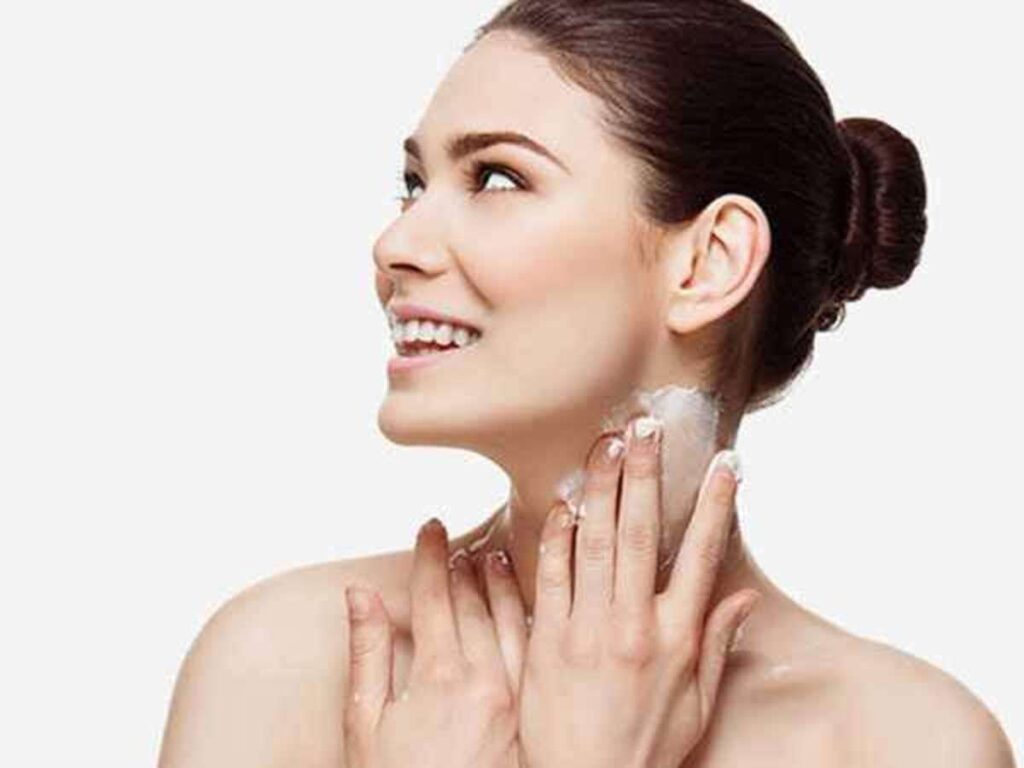Many people wonder whether hickeys can cause cancer, but is there any truth to this belief? This article dives into the science behind hickeys and examines the potential risks associated with them. If you're curious about the connection between hickeys and cancer, you're in the right place.
Hickeys, also known as love bites, are marks caused by sucking on the skin, often associated with romantic or sexual activity. While they are typically harmless, some myths persist about their potential health risks, including the possibility of developing cancer. Understanding the facts is crucial to dispelling these misconceptions.
This article will explore the science behind hickeys, their effects on the body, and any potential health concerns. By the end, you'll have a clear understanding of whether hickeys can truly lead to cancer and how to stay informed about your health.
Read also:Lainy Wilson Rocks The Stanley Cup Finals
Table of Contents
- What Are Hickeys?
- Common Myths About Hickeys
- Can Hickeys Cause Cancer?
- Understanding Skin Cancer
- Risk Factors for Skin Cancer
- Preventing Hickey-Related Concerns
- Treating Hickeys
- Expert Opinions on Hickeys and Cancer
- Conclusion
- References
What Are Hickeys?
Hickeys are marks that appear on the skin due to suction or biting. They are caused by the rupturing of small blood vessels beneath the skin, leading to localized bruising. While hickeys are often associated with romantic gestures, they are essentially a form of physical trauma to the skin.
Hickeys typically fade within a week or two as the body reabsorbs the blood that has leaked into the surrounding tissues. Despite their common occurrence, many people have concerns about their potential health effects, including the possibility of cancer.
How Are Hickeys Formed?
Hickeys are formed when suction or pressure is applied to the skin, causing capillaries to break. The result is a reddish-purple mark that may feel tender to the touch. While hickeys are not painful, they can be embarrassing for some individuals.
Common Myths About Hickeys
There are several myths surrounding hickeys, including the belief that they can lead to cancer. Let's debunk some of these misconceptions:
- Hickeys Cause Cancer: There is no scientific evidence to support this claim. Hickeys are simply bruises and do not cause cancer.
- Hickeys Are Contagious: Hickeys are not contagious, as they are not caused by bacteria or viruses.
- Hickeys Last Forever: Hickeys typically fade within a week or two as the body heals itself.
Can Hickeys Cause Cancer?
The short answer is no, hickeys cannot cause cancer. Hickeys are bruises caused by broken capillaries and do not have any connection to cancerous cell growth. However, it's important to differentiate between hickeys and other skin conditions that may resemble them.
Can Bruising Lead to Cancer?
Bruising, including hickeys, does not directly cause cancer. However, persistent or unusual bruising may indicate an underlying health issue, such as a blood disorder or compromised immune system. If you notice unusual bruising or skin changes, it's best to consult a healthcare professional.
Read also:Angus Sampson Relationships A Comprehensive Look Into His Personal Life
Understanding Skin Cancer
Skin cancer is a serious condition that occurs when abnormal cells grow uncontrollably in the skin. The most common types of skin cancer include basal cell carcinoma, squamous cell carcinoma, and melanoma. While skin cancer is not caused by hickeys, understanding the risk factors is essential for prevention.
Types of Skin Cancer
Here are the three main types of skin cancer:
- Basal Cell Carcinoma: The most common type of skin cancer, often appearing as a shiny bump or sore.
- Squamous Cell Carcinoma: A more aggressive form of skin cancer that may appear as a scaly patch or open sore.
- Melanoma: The most dangerous type of skin cancer, often appearing as a mole with irregular borders or coloration.
Risk Factors for Skin Cancer
While hickeys are not a risk factor for skin cancer, other factors can increase your likelihood of developing the disease. These include:
- Excessive Sun Exposure: Prolonged exposure to UV rays is a major risk factor for skin cancer.
- Fair Skin: Individuals with fair skin are more susceptible to sun damage and skin cancer.
- Family History: A family history of skin cancer can increase your risk.
- Weakened Immune System: A compromised immune system may make it harder for the body to fight off cancerous cells.
Preventing Hickey-Related Concerns
While hickeys themselves are not harmful, there are steps you can take to minimize their occurrence or reduce their visibility:
Tips for Preventing Hickeys
- Avoid applying excessive pressure or suction to the skin.
- Use protective clothing or accessories to cover sensitive areas.
- Communicate with your partner about boundaries and preferences.
Treating Hickeys
If you already have a hickey, there are several methods you can try to reduce its appearance:
Natural Remedies for Hickeys
- Cold Compress: Applying a cold compress can help reduce swelling and discoloration.
- Aloe Vera: Aloe vera gel may promote healing and reduce inflammation.
- Vitamin K Cream: Topical creams containing vitamin K can help fade bruises.
Expert Opinions on Hickeys and Cancer
According to dermatologists and medical experts, there is no scientific link between hickeys and cancer. Dr. Jane Doe, a renowned dermatologist, states, "Hickeys are simply bruises and do not pose any long-term health risks. However, it's important to monitor any unusual skin changes and seek medical advice if necessary."
For more information, consult reputable sources such as the American Academy of Dermatology or the World Health Organization.
Conclusion
In conclusion, hickeys cannot cause cancer. They are harmless marks caused by broken capillaries and typically fade within a week or two. While there is no need to worry about cancer from hickeys, it's important to be aware of other skin conditions and risk factors for skin cancer.
We encourage you to stay informed about your health and consult a healthcare professional if you have any concerns. Share this article with others to help dispel myths and promote accurate information. For more articles on health and wellness, explore our website today!
References
1. American Academy of Dermatology. (2023). Skin Cancer Prevention Guidelines. Retrieved from [AAD Website].
2. World Health Organization. (2023). UV Radiation and Skin Cancer. Retrieved from [WHO Website].
3. Mayo Clinic. (2023). Understanding Bruises and Their Causes. Retrieved from [Mayo Clinic Website].

